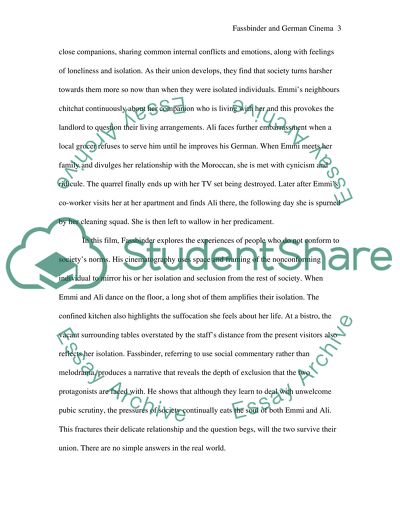History of German Films and Cinema Essay Example | Topics and Well Written Essays - 2000 words. Retrieved from https://studentshare.org/performing-arts/1524932-history-of-german-films-and-cinema
History of German Films and Cinema Essay Example | Topics and Well Written Essays - 2000 Words. https://studentshare.org/performing-arts/1524932-history-of-german-films-and-cinema.


